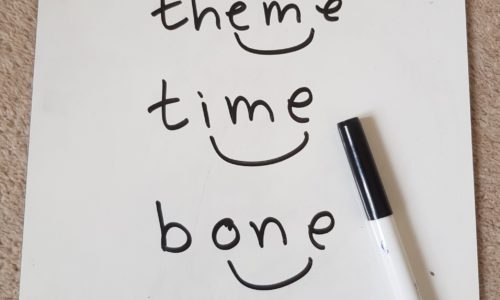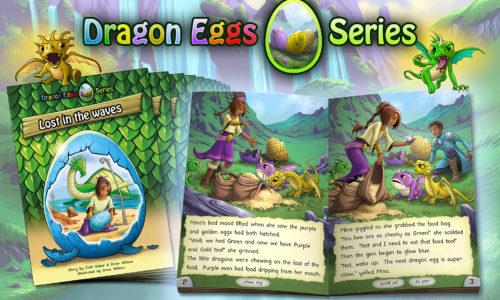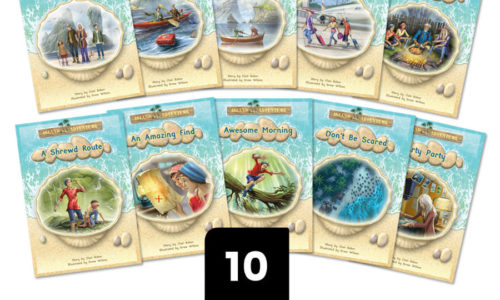
The split digraphs ‘a-e’, ‘e-e’, ‘i-e’, ‘o-e’, ‘u-e’ are very common spellings. They have different names: Silent e, Magic e, Vowel Consonant e, Bossy e, Split digraphs. Many children struggle to read words with these spelling patterns, so we need to teach them explicitly. Why do we have these spelling patterns in English? The ‘e’ […]
Read More


